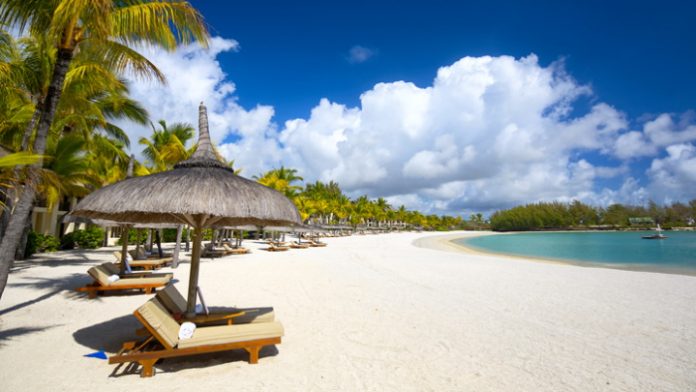Mauritius in the Indian Ocean has introduced a Premium Travel Visa, valid for one year, renewable, to welcome travellers seeking to prolong their feeling of wellness arising from a tropical island holiday in a COVID-safe destination. Mauritius’ 14-day quarantine requirements mean that most medical tourists are still being kept out.
The Premium Travel Visa is for any non-citizen who intends to stay in Mauritius for a maximum period of one year as a tourist, retiree or a professional willing to come with their family and carry out business or work remotely from Mauritius.
Applicants must produce proof of their long stay plans and sufficient travel and health insurance for the initial period of stay while meeting the following criteria:
- The applicants should not enter the Mauritius labour market.
- The main place of business and source of income and profits should be outside Mauritius.
- Supporting documentary evidence on purpose of visit and accommodation.
An online platform for the e-Visa application is available.
The Mauritius government is aiming to attract long-stay visitors with the opportunity to escape their domestic lockdown restrictions and relocate with the minimum of effort to live and work on Covid-secure islands.
Mauritius has implemented one of the world’s most rigorous heath monitoring regimes. The condition of entry requirements means that all visitors are required to follow health measures. All new arrivals to the island must undergo a 14-day quarantine period combined with a pre-departure PCR test, arrival test and follow up tests on 7 and 14 days.
While Mauritius is open to tourists looking for a shorter-term Covid-secure holiday destination, returning Mauritians, diaspora, short and long-term visitors are all asked to follow the same procedures to help keep Mauritius COVID-secure. Only a few Mauritius hotels are allocated as arrival facilities.
Medical tourism has been part of tourism in Mauritius for decades. The Covid-19 pandemic has meant that most medical tourists are unable to meet Mauritius’ 14-day quarantine requirements.
The tourism industry in Mauritius is at loggerheads with the government over the pace and manner in which it is re-opening the country for tourism. Many visitors are from Europe, and it is unlikely that there will be much of a recovery until a vaccine is made available to travellers in 2021.
The fears in the tourism sector are not about 2021, but the longer term. The Mauritian government is embarking on a different strategy in how to re-open itself to tourists as compared to regional competitors such as the Seychelles and the Maldives. The tourism industry argues that the health protocols are incompatible with the recovery of tourism.
There were already inbound tourism problems to Mauritius, as numbers fell while rivals’ numbers increased. One problem is erratic airline connectivity, another is better use of social media by their competition. The Maldives uses social media to promote itself in growing markets such as China. In Mauritius, the industry has been slow to incorporate online travel agencies and booking apps and still relies too much on traditional brick-and-mortar travel agencies.
All-inclusive travel packages and government policies prioritising construction and investments in real estate development leading to environmental degradation has meant that Mauritius was poorly placed to take advantage of the fast-growing tourism segments such as eco- and cultural tourism.
National airline Air Mauritius was put into voluntary administration in April.
According to Statistics Mauritius, in 2018 only 7,514 visitors to Mauritius stayed for three months or over; the kind of long-stay visitors that the new Premium Travel Visa is intended for.








 ©2024 All rights reserved LaingBuisson
©2024 All rights reserved LaingBuisson 


